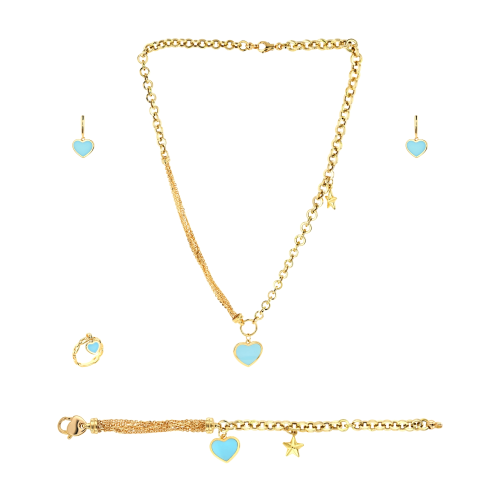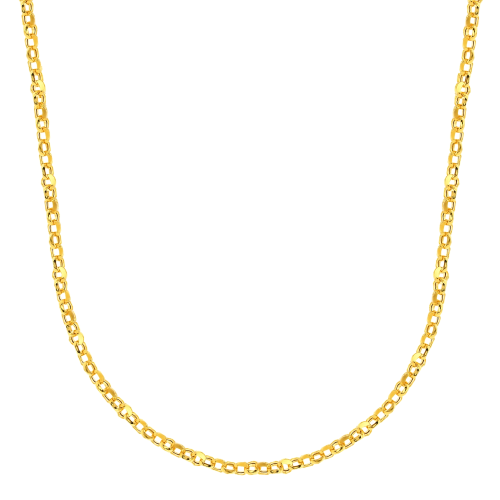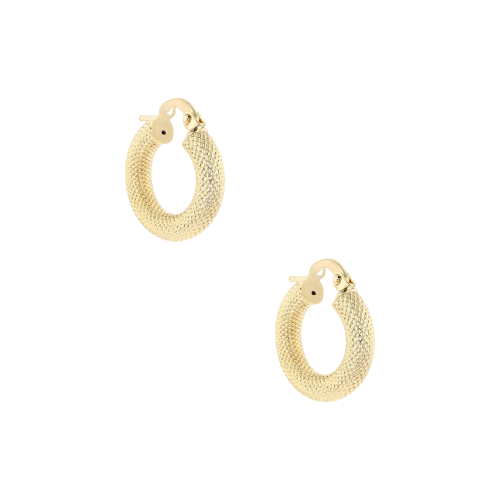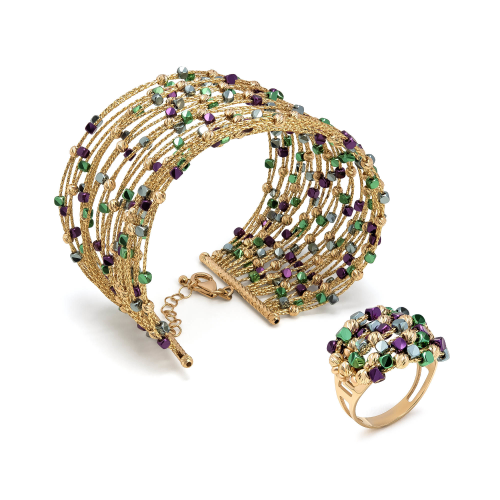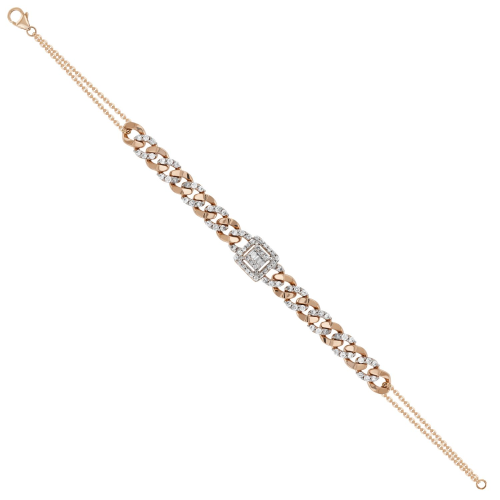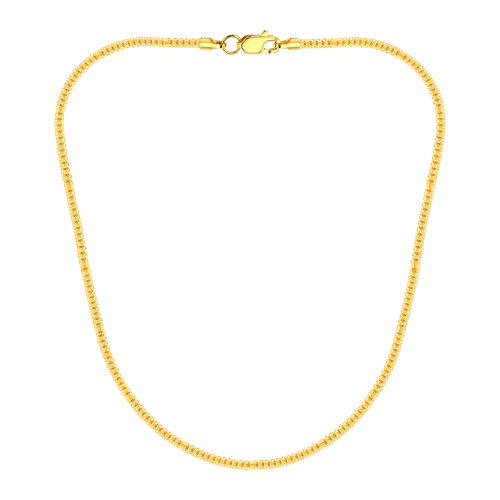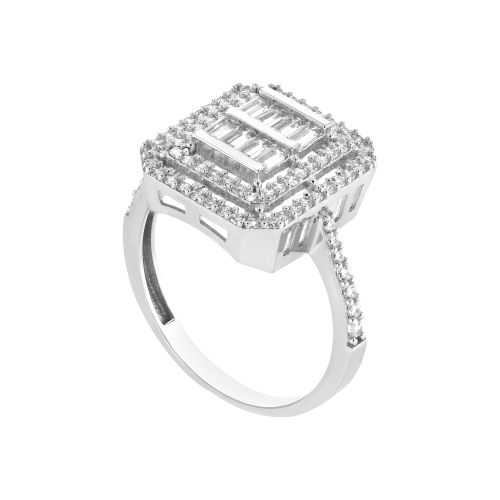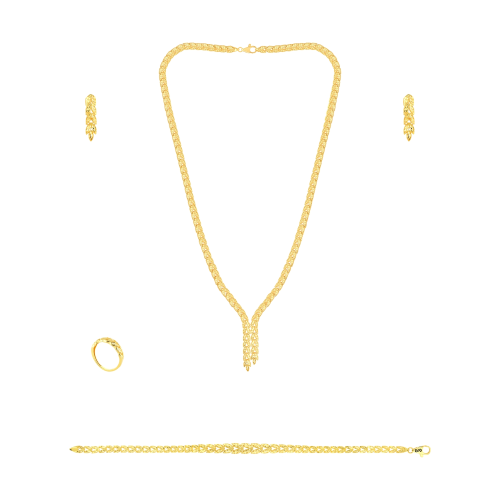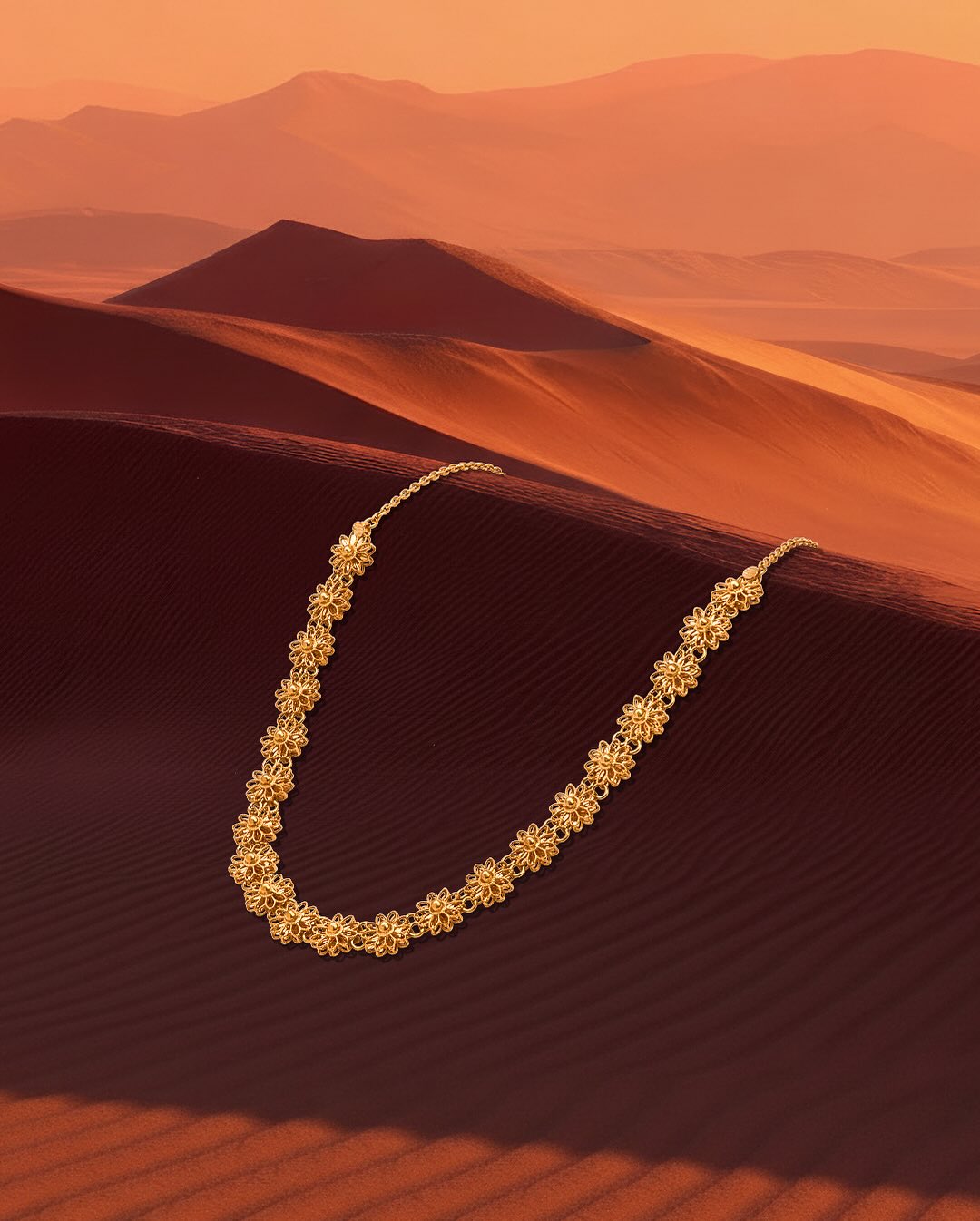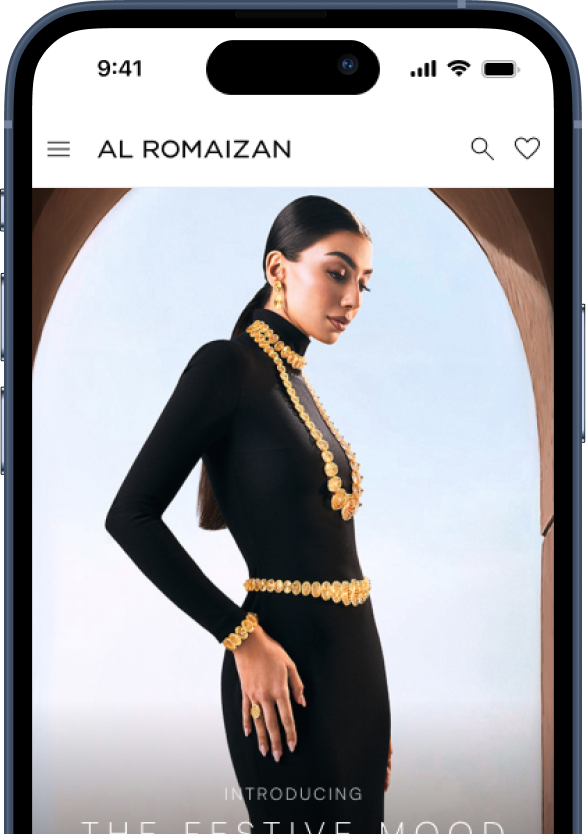The Significance of Bridal Jewelry Across Cultures
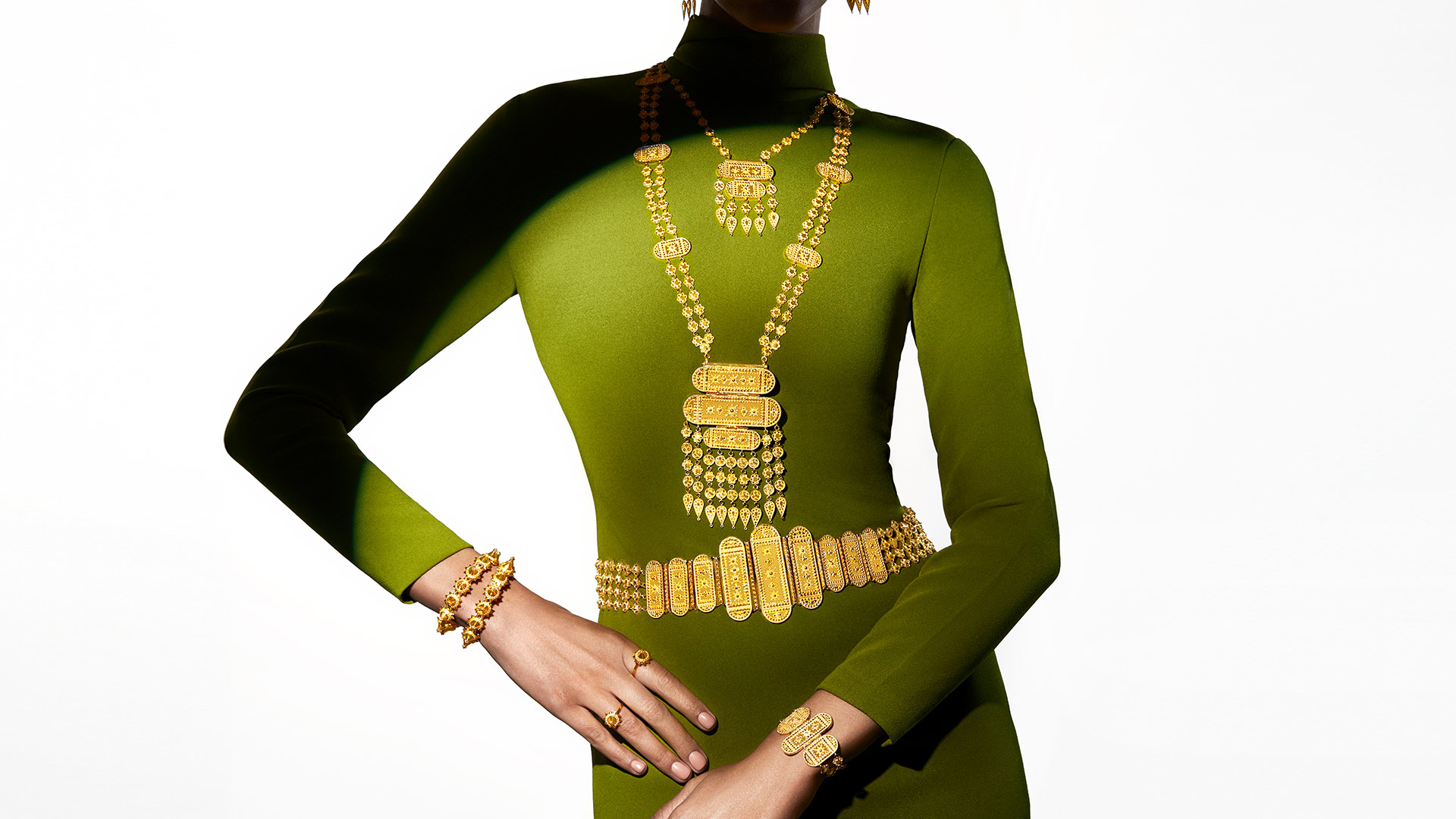
The shimmer of gold has long been intertwined with wedding traditions across the globe, symbolizing not just material wealth but also cultural heritage, family bonds, and sacred promises. From ancient civilizations to modern celebrations, gold jewelry continues to play a pivotal role in bridal adornment, carrying deep cultural significance and traditional value.
Historical Significance of Bridal Gold
Throughout history, gold has been more than just a precious metal – it has been a symbol of blessing, prosperity, and eternal love. Ancient Egyptian brides wore gold to honor the sun god Ra, while Greek brides adorned themselves with gold laurel wreaths as a symbol of victory and honor. In many cultures, the tradition of gifting gold to brides emerged as a form of financial security, ensuring their economic independence and protection.
Cultural Variations in Bridal Gold Traditions
- Indian Wedding Traditions
In Indian culture, bridal gold jewelry reaches its zenith of cultural significance. The traditional "Solah Shringar" (sixteen adornments) includes elaborate gold pieces from head to toe. Key pieces include:
- The 'Maang Tikka': A decorative headpiece symbolizing the union of two souls
- 'Nath': An ornate nose ring representing marital status
- 'Haar': Multi-layered necklaces depicting family wealth and status
- 'Bangles': Multiple sets representing marital protection and prosperity
- Middle Eastern Customs
Middle Eastern weddings showcase distinctive gold traditions, with the "shabka" – the traditional giving of gold jewelry – forming a crucial part of marriage negotiations. Brides typically receive:
- Elaborate gold chokers with intricate Islamic calligraphy
- Multiple bangles known as "dahab"
- Ornate headpieces called "taj"
- Complex chain work incorporating ancient designs
- Mediterranean and European Traditions
Mediterranean cultures, particularly Greek and Turkish traditions, emphasize gold coins and specific regional designs:
- The Greek "stefana": Golden wedding crowns joined by ribbon
- Traditional coin necklaces symbolizing wealth and prosperity
- Filigree work representing ancient craftmanship
- Family heirloom pieces passed down through generations
Modern Interpretations and Contemporary Trends
While maintaining deep cultural roots, modern brides are reimagining traditional gold jewelry in contemporary ways:
- Fusion Designs
Today's designers are creating pieces that blend traditional motifs with modern aesthetics:
- Incorporating mixed metals and alternative materials
- Simplified versions of traditional pieces
- Versatile designs that can be worn after the wedding
- Sustainable and ethical gold sourcing practices
- Investment Perspective
Modern couples increasingly view bridal gold jewelry as both tradition and investment:
- Preference for higher purity gold (18K and above)
- Focus on craftsmanship and resale value
- Integration of precious stones for added value
- Documentation of authenticity and origin
The Role of Family and Tradition
Bridal gold jewelry often serves as a bridge between generations:
- Mothers passing down traditional pieces to daughters
- Family traditions in selecting and gifting specific pieces
- The ritual of shopping for bridal gold as a family event
- Creation of new heirlooms for future generations
When selecting bridal gold jewelry, contemporary couples should consider:
Cultural Authenticity
- Understanding the significance of traditional pieces
- Respecting family customs while incorporating personal style
- Maintaining cultural integrity in modern interpretations
- Documenting the history and meaning of inherited pieces
Quality and Investment
- Verifying gold purity and certification
- Understanding craftsmanship and design value
- Considering long-term wear and maintenance
- Insurance and secure storage options
Styling and Versatility
- Coordinating with wedding attire and theme
- Selecting pieces that can be worn post-wedding
- Considering comfort during long ceremonies
- Planning for different wedding events and functions
Preservation and Care
Maintaining bridal gold jewelry ensures its longevity as family heirlooms:
- Proper cleaning and storage techniques
- Regular professional maintenance
- Documentation of piece history and significance
- Appropriate insurance coverage
The tradition of bridal gold jewelry continues to evolve while maintaining its cultural significance. Whether adhering to ancient customs or creating new traditions, gold remains a powerful symbol of marriage across cultures. As modern couples navigate between tradition and contemporary preferences, the enduring appeal of gold jewelry in wedding ceremonies demonstrates its timeless relevance in celebrating love and union.
The careful selection and wearing of bridal gold jewelry represents not just a fashion choice but a connection to cultural heritage, family bonds, and time-honored traditions. As we move forward, these golden traditions continue to adapt and thrive, ensuring their place in wedding celebrations for generations to come.
